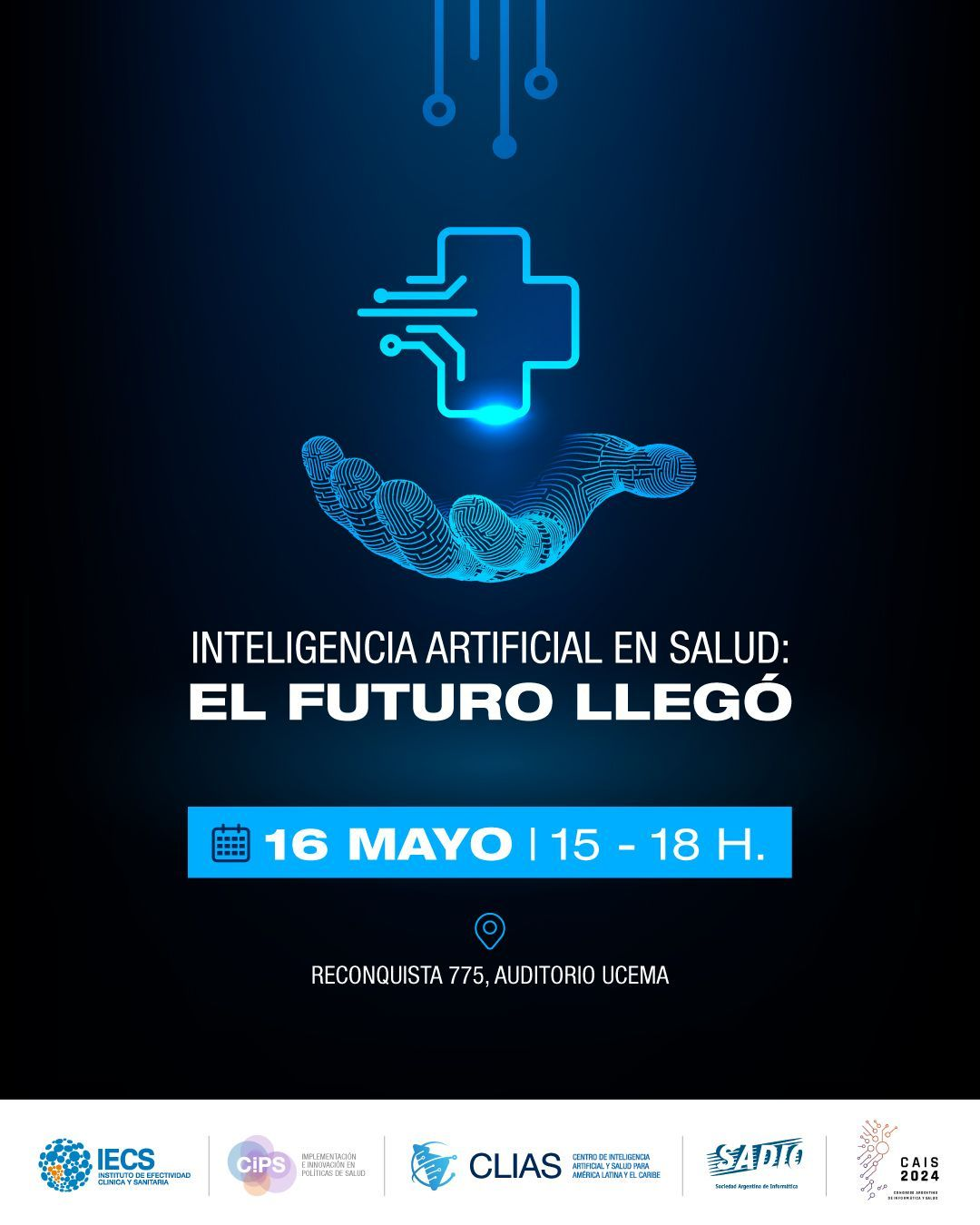—————————————————————
===============================
Call for Submission
===============================
|
NeuroDesign EXPO in HRI Student Showcase Competition ($1000 USD for your participation)
2nd Workshop on NeuroDesign in Human-Robot Interaction: The making of engaging HRI technology your brain can’t resist
IEEE International Conference on Robotics and Automation (ICRA 2024)
Yokohama, Japan
May 17, 2024
https://neurodesign-in-hri.webflow.io/
|
Dear Colleagues,
Are you working on a human-interactive robot project that already has prototypes or some initial research findings? Perhaps you're pondering how to evolve these into more human-centric, real-world applications with a seamless, intuitive “brain”-centered experience, aiming to connect robots more deeply with our bodies, minds, and souls.
Worry not! We're excited to announce the NeuroDesign EXPO in HRI Showcase Competition at ICRA 2024, in conjunction with the NeuroDesign in HRI workshop (https://neurodesign-in-hri.webflow.io/). This event will feature a panel of world-renowned experts from diverse fields such as Human-Robot Interaction (HRI), Artificial Intelligence (AI), Cognitive Neuroscience, Social and Behavioral Psychology, Art & Design, RoboEthics, and the Startup community. These professionals will offer live, integrated-perspective feedback and recommendations to help refine your projects into more impactful research and commercial products.
We invite students at the BSc, MSc, and PhD levels to submit your projects. Submissions can fall into, but are not limited to, the following categories:
-
Affective Computing
-
Social and Service Robot
-
Industrial Collaborative Robot
-
Wearable Robot/ Device
-
Brain-Machine/Computer Interface
-
Haptics and Tele-operation
-
Soft Robotics
-
VR/AR & Metaverse
-
Cyborg and Bionic System
-
Healthcare Robotics
-
Exoskeleton and Rehabilitation Robot
-
LLM and Foundation Model for Human Robot Interaction
-
Brain Dynamics and Psychology for Cognitive and Physical HRI (cHRI/pHRI)
-
Human-Drone/AutoVehicle Interaction
-
Assistive Technology
-
Intelligence Augmentation and Human 2.0 Technologies
-
Supernumerary Limbs
-
Biometric Information Processing
-
Pervasive-Ubiquitous/Spatial Computing
-
Smart Home/Internet of Things (IoTs)
-
Edge-Fog-Cloud Computing
-
Speech/Gesture Recognition or Image/Audio Processing
-
Big Data, AI & Machine Learning for Multimodal Interaction
-
Smart Tutoring/Chatbot System
-
RoboEthics
-
RoboFashion, Clothing and Robot Skin
-
Diversity, Equity & Inclusion (DEI) for HRI Technologies
Participation Procedure:
Our selection process is on a rolling basis, and we aim to choose 10 projects for the final on-stage pitch presentation. We especially encourage those who have already submitted their work as posters or papers to ICRA 2024 or have publications elsewhere to participate in our event. This competition offers a fantastic opportunity to increase the visibility of your research globally.
Submission Options:
Submissions can be made in one of three formats:
1. A concise 100-word abstract and a 1-2 minute video, offering a brief yet engaging overview.
2. A 100-word abstract accompanied by 5 detailed slides for a short but thorough presentation.
3. A 2-page extended abstract (Please follow IEEE ICRA format: https://ras.papercept.net/conferences/support/word.php), for a more in-depth submission.
*4. Participants are also welcome to submit using any combination of the above formats.
Final Round and Presentation:
The selected 10 projects will each have a 5-minute pitch presentation on stage during the final round. If the final project team is unable to attend in person in Japan, we will provide a Zoom link for virtual presentation. Alternatively, you may submit a polished, pre-recorded 5-minute video presentation, which we will play on stage.
Exhibition and Virtual Participation:
All submitted projects will receive a dedicated booth for poster and prototype demonstrations. For participants unable to travel to Japan, we will print your posters and display them on the bulletin boards at our venue.
The event is designed to be “Hybrid” to ensure that everyone has the opportunity to participate, regardless of their ability to travel to Japan. A Zoom link will be provided for your virtual participation.
Awards:
We are thrilled to present two distinguished award categories at the competition. The “Best Innovation in HRI NeuroDesign Award” will be awarded to 3 outstanding projects, as recognized by our panel of speakers and committee members. The First Prize will be awarded for USD 1000 USD and the 2nd Prize will be awarded 800 hundred for the prototyping. These projects will exemplify groundbreaking innovation within Human-Robot Interaction NeuroDesign. Additionally, the “Most Popular Project in HRI NeuroDesign Award” will be given to 2 projects, for which the First Prize will be awarded for “Full Waiver” for the submission to Journal of Frontiers in Robotics and AI in that capture the hearts of our workshop attendees and audience, determined through a popular vote. Winners in both categories will receive certificates acknowledging their achievements.
Timeline:
– Submission Deadline: Your entries must be submitted by April 27, 2024. Please note that our selection process is rolling, so early submissions are encouraged.
– Announcement of Final Project Teams: The teams selected for the final round will be announced on May 1, 2024.
– Competition Date: The competition will take place on May 17, 2024, where finalists will present their projects to the panel and attendees.
Submission Website:
https://forms.gle/fQMxJtkXb8JEU2WR6
If you have any questions, please don't hesitate to reach out. We're looking forward to seeing you at ICRA 2024!
Best regards,
Organizing Committee
2nd Workshop on NeuroDesign in Human-Robot Interaction: The making of engaging HRI technology your brain can’t resist
https://neurodesign-in-hri.webflow.io/




 May 3rd, 2024
May 3rd, 2024  Daniela Lopez de Luise
Daniela Lopez de Luise 